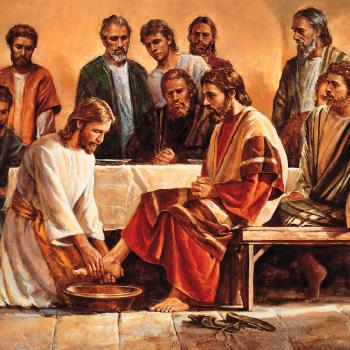Questions of theology and morality are, in their long view, like other questions, in that they ought to be studied and debated in the hope of coming to a fuller appreciation of what's true. They ought not be zero-sum power games; they demand cooperation, intellectual, and academic freedom, and also responsibility to acknowledge error when it is demonstrated. They must be beholden only to the fullness of truth, not the needs of the market.
College may indeed kill faith if faith is regarded as private, if questions of faith are regarded as unimportant, or if religion is regarded as a pernicious power game. Students may learn a trade but they will not learn how to live. On the other hand, college can nurture faith if it is a place where students' faith questions are honored, if resources from the long historical conversation about faith are entertained, and if those who intelligently practice faith are welcomed as mentors.
Catholic colleges and universities today are, I think, on the whole better than many non-religiously-affiliated schools that are paranoid about offering classes about religion for fear of political dispute. Catholic institutions -- at least those that are not RGCs -- can draw from about 800 years of academic protocols that are frankly a lot sounder than the politically charged, attenuated versions that abound in many institutions today.




